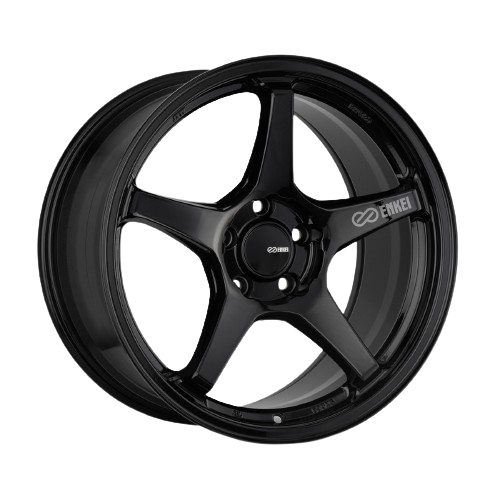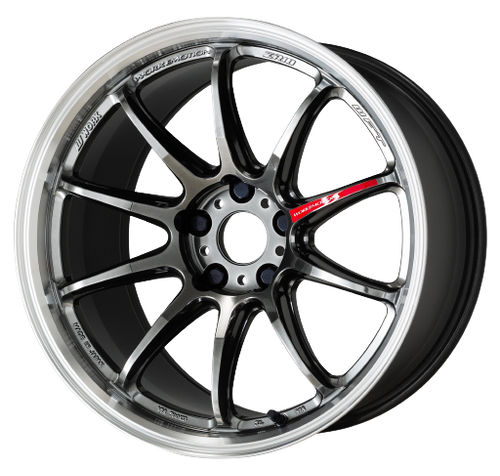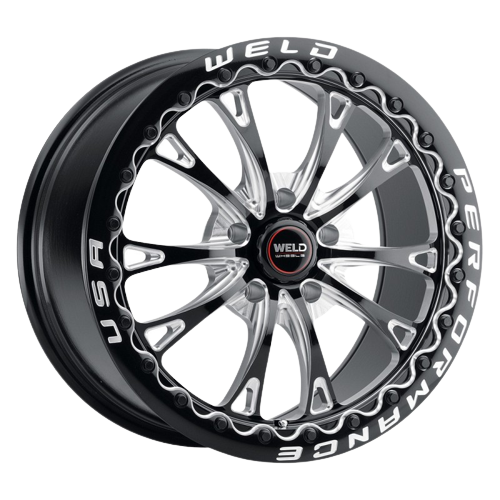Aug 16th 2024
Tiers of wheels, and which is right for you - Cast, flow formed, or forged
Look, the struggle is real. Inflation is up, gas is up, and wheels are expensive. It can be hard to determine if the wheels you’re planning to spend your hard earned money on are a good investment or made out of recycled soda cans.
Whether you got $600 or $6000 to spend on wheels, we got you covered with options on our website. There you’ll find wheels all the way from the bottom to the top, and many, many in between.
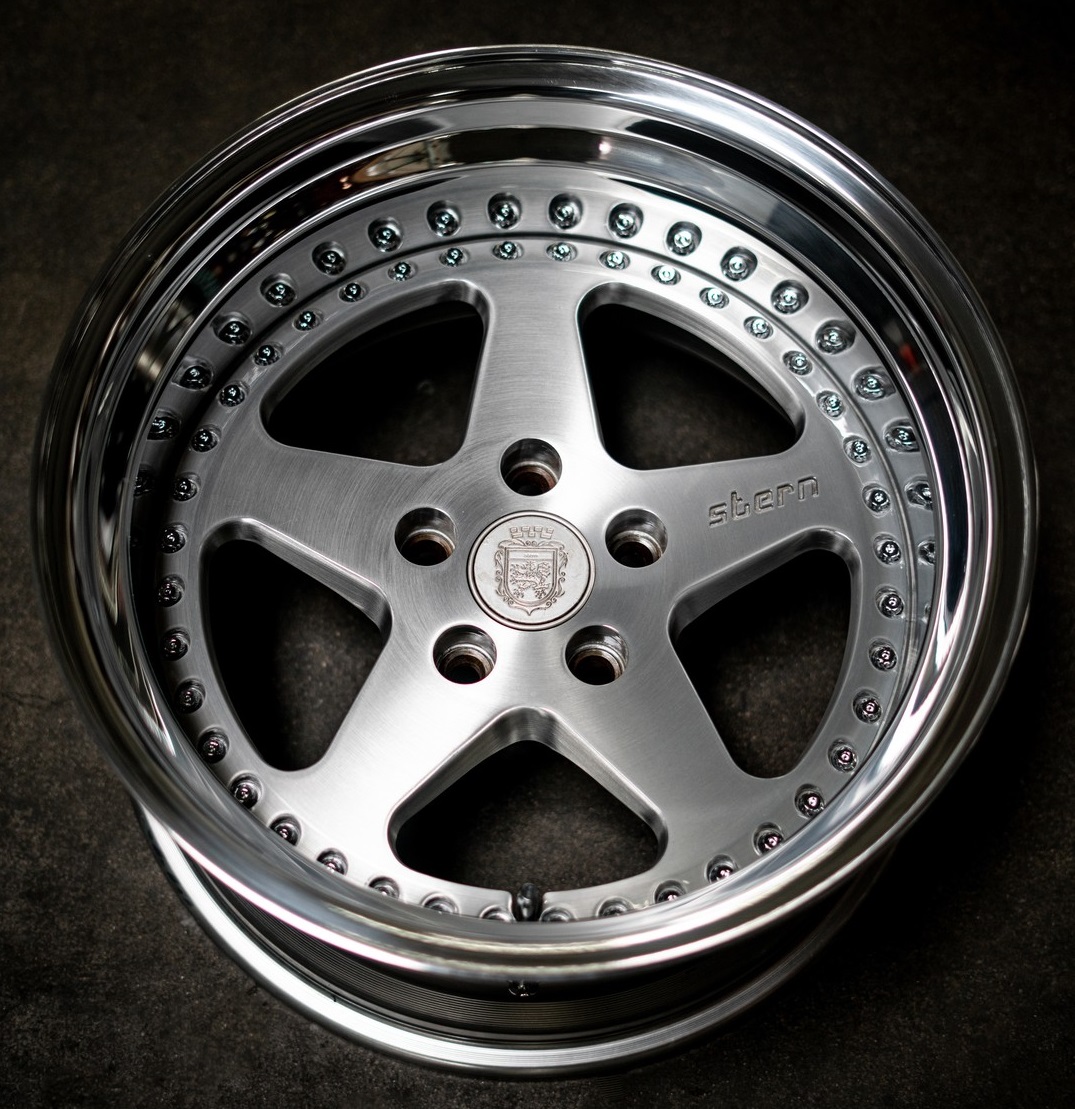
This article won’t tell you what model or even what brand to buy, but we’ll highlight some along the way. This article will, however, touch on different types of wheels (manufacturing processes) and the pros and cons of each category. You’ll learn the best option for your application so you can make an informed purchase.
Quick links
Cast wheels - you either love or hate ‘em
Cast wheels are made in one of two ways 1) Gravity cast or 2) Low pressure cast. These are functionally very similar.
Gravity casting involves pouring liquid aluminum into a mold and letting gravity do the work. Not much different from what humans were doing during the Bronze Age. Okay, the tech has been refined a bit. The molds, temperatures, times, and of course, materials are down to a science; but the overall process is the same.
Low pressure casting effectively introduces pressure to force the molten aluminum into the mold. This creates a slightly more consistent and denser grain structure compared with gravity casting.
Your cast wheels will be made from one of these two processes and are functionally very close in quality - gravity is a little cheaper, low pressure is a little stronger.
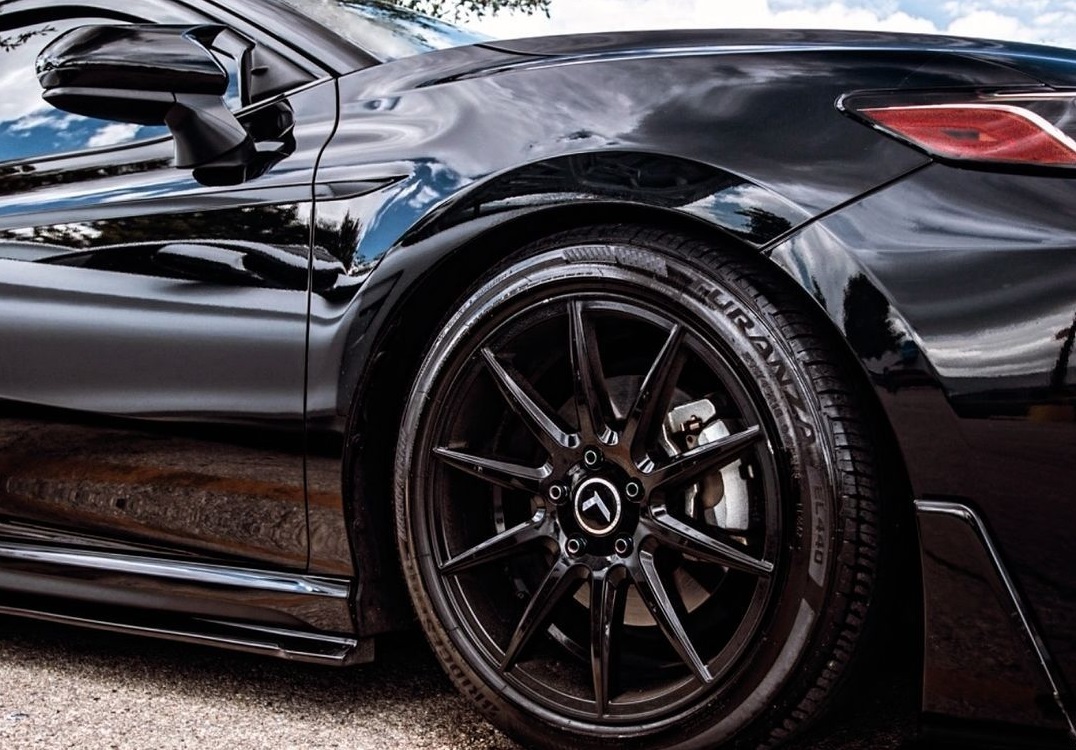
Absolute cheapest wheels vs entry level
The cheapest wheels you can buy don’t technically fall into any category as these are steel or winter wheels, but who cares about those anyway? Unless you’re still in 2010, you’re not shopping for steelies.
Cheapest wheels you should consider
The first real, quality aftermarket wheels are going to be brands like Motiv, Vision, Touren, and Kraze. All of these have more premium wheels, but they also offer cost-effective options for $500-600 in 18”. If you look for even lower priced wheels you might find something, especially in smaller diameters, but should you run them? Probably not.
All of these are going to be gravity cast. As such, they’re going to come in limited sizes and colors. These will replace the OE wheels with a new design and maybe let you run a wider tire, but not much more. If this is the extent of modifications on your car, gravity cast can be a great option. You can change the look of your daily driver without breaking the bank. Bear in mind these aren’t engineered for motorsports, they’re just cheap, and nothing is wrong with that.
If you want a cheap upgrade just be aware of what you’re buying.
If you can spend a bit more, consider entry level wheels.
Entry level wheels are going to be a step above the cheapest stuff in a number of ways; from brand identity, to product quality & testing, to the finishes that are offered. A common mistake that buyers make is thinking these entry level wheels should look and perform like the highest quality stuff. To be frank, this simply isn’t the case.
Some great brands that offer entry level products include Aodhan, ESR, Katana, Heritage, Rotiform, Konig, most Enkei wheels, and many many more you can find in our shop.
Notice we said these brands offer entry level options instead of calling them ‘entry level brands’. That’s because many who make forged wheels (such as ESR, Heritage, Rotiform) also make cheaper cast options for a broader market. In this case, you can trust that their budget options receive all the same engineering and R&D that goes into their forged wheels. The difference is the cast wheels are mass-produced in specific sizes to keep costs down.
In terms of price, you can expect to spend about $1000, with various specs ranging from $800-1300. These will still be cast, but normally low pressure cast. Plus they’re offered in much better sizes and finishes so you don’t have as many concessions. New enthusiasts who are planning to build their cars should gravitate toward these. You can pair these relatively cheap wheels with coilovers, decent tires, a tune, and maybe some other mods for the first iteration of your car’s build. Enjoy this for a while, when you get tired of it you move on to something else as the build progresses.
Entry level wheels aren’t the be-all-end-all, but they could be if you really like them. Instead, these are a stepping stone that allows you to get your toes wet modifying your car.
Mid range wheels - Flow forming technology
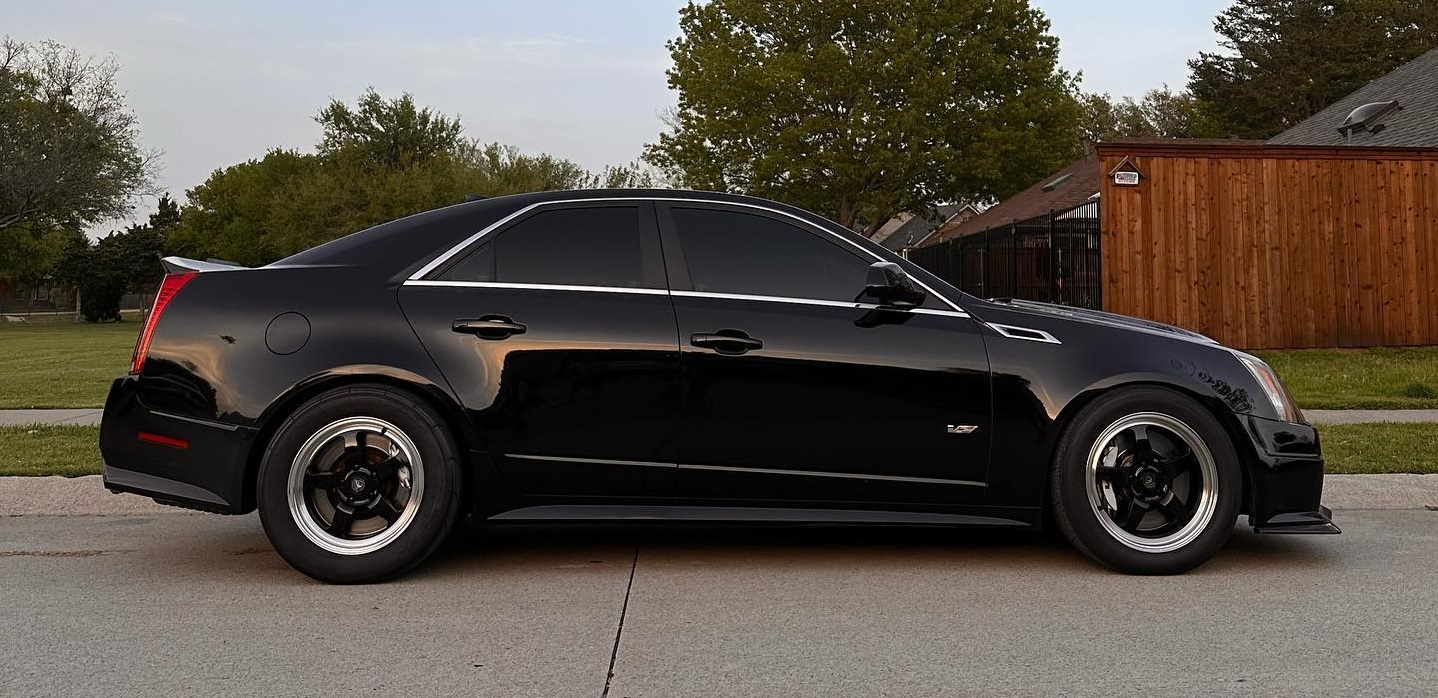
‘Flow forming’ is a process where the center disk is cast, typically with low pressure casting, then extruded out. This has the benefits of reduced weight, improved grain structure, and improved strength. Naturally, this comes with increased cost, and that’s why these are considered mid-range wheels.
You can expect to budget anywhere from $1400-2200 for a set of 18’s. Yes, this is a wide range. The discrepancy will come down to engineering, finish, and the brand that’s slapped on ‘em.
Some notable brands include Enkei’s racing series, with models like the RPF1 and RSO5-RR, Forgestar, Gram Lights, Work Emotion, WedSport, MRR, and Rohana. You might be asking ‘How can you list legendary JDM wheels next to those American rep brands?’. Well, just because wheels aren’t made in Japan or Germany, doesn’t mean they’re a rep. In fact, all these wheels are made with very similar, almost identical technology (although it gets labeled a host of things).
Emotions, WedSports, and GramLights are all budget products from the Japanese ‘big three’ wheel makers. These aren’t the highest quality they make, but they are good for dipping your toes into the world of JDM wheels, and are made to super high quality standards.
So what makes a mid-range wheel ‘mid-range’? Like we just talked about, brand name is a big factor. This is where your buddy is going to see your car and say “damn, you got a set of *XYZ* wheels, must be nice, bro”. Product quality also starts to differ. Flow form wheels can be made with less material, which = lightweight. Some high performance models stand out, such as the RPF1 and WedSport models, which are all super light.
If you’re investing in these kinds of wheels, you’re pretty serious about modifying cars, especially on the higher end of this category. If you want to go even further we can talk about the big daddies of aftermarket wheels: forged monoblock and 3-piece wheels.
High end - Forged wheels
This is where you’re going to roll into the car meet and get hit with a “damnnnnnn” from your boys. Not all of these wheels are created equal, but here's the TL;DR version for you.
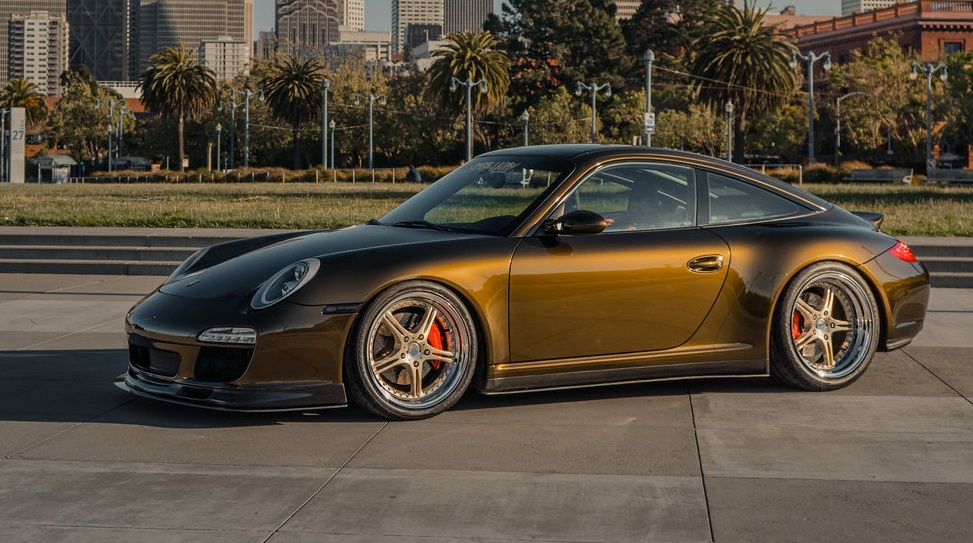
Forged wheels are forged, shocker right? This means heating a billet of metal and applying tons of heat and pressure. This produces the best grain structure among all the methods. Paired with rapid heating and cooling for hardness and you have a hell of a tough product. The most common material used in the industry is 6061 T6 Aluminum. This alloy contains magnesium and silicon as its two alloying elements. After the wheels are formed, they’re heated to 1000°F for 12 hours, then plunged into a liquid for rapid cooling. Finally, they get baked in a furnace at 310°F. All this comes together to make an extremely strong aluminum alloy.
What does this mean for performance? Well, they come out lighter and stronger than cast or rotary forged wheels.
Some top brands in this category are Work and SSR Wheels. Both of them make 3P wheels with cast center disks but somehow don’t lose much structural integrity doing so. Other options include Heritage Forged, BBS, Rotiform, HRE, Volk, Weld, ESR, and the list goes on and on…
You can expect to spend around $3500 in 2024, and this can go up to $20,000. Yes, people actually buy these. Just because a wheel is forged and or 3P, doesn’t mean it’s worth your hard earned money. Most multi-piece wheels that aren’t made in house, like Heritage, are private label. This means they’re sent to a machine shop, like Heritage’s, who finish the work for other brands - no we can’t tell you whose wheels we make. It’s important to find out if your favorite brand is making their wheels from start to finish. This means design, R&D, etc, etc…
For 99.9% of us, these wheels are completely unnecessary, a cast or flow formed wheel will get the job done just fine. However, forged and 3P wheels look cool and are a huge flex, which is part of the fun of tuning cars.
Wrap up
So what do you think about these tiers of wheels? Are the cheapest of the cheap good enough? Do you take a Goldilocks approach and opt for something in the midrange? Or, do you ball-the-f*ck-out with some 3P wheels?
Any answer is correct so long as you get ‘em from Threepiece.us. The wheel that’s right for you is the one you like best. Need ideas? Head over to our Fitment Gallery where you can search ‘by wheel brand’. Find what you like, then contact us to get them in the perfect specs.
Don’t screw up your fitment.
Browse hundreds of cars in our Fitment Gallery. Get inspired & get it right the first try.
Post your own ride to help others!



